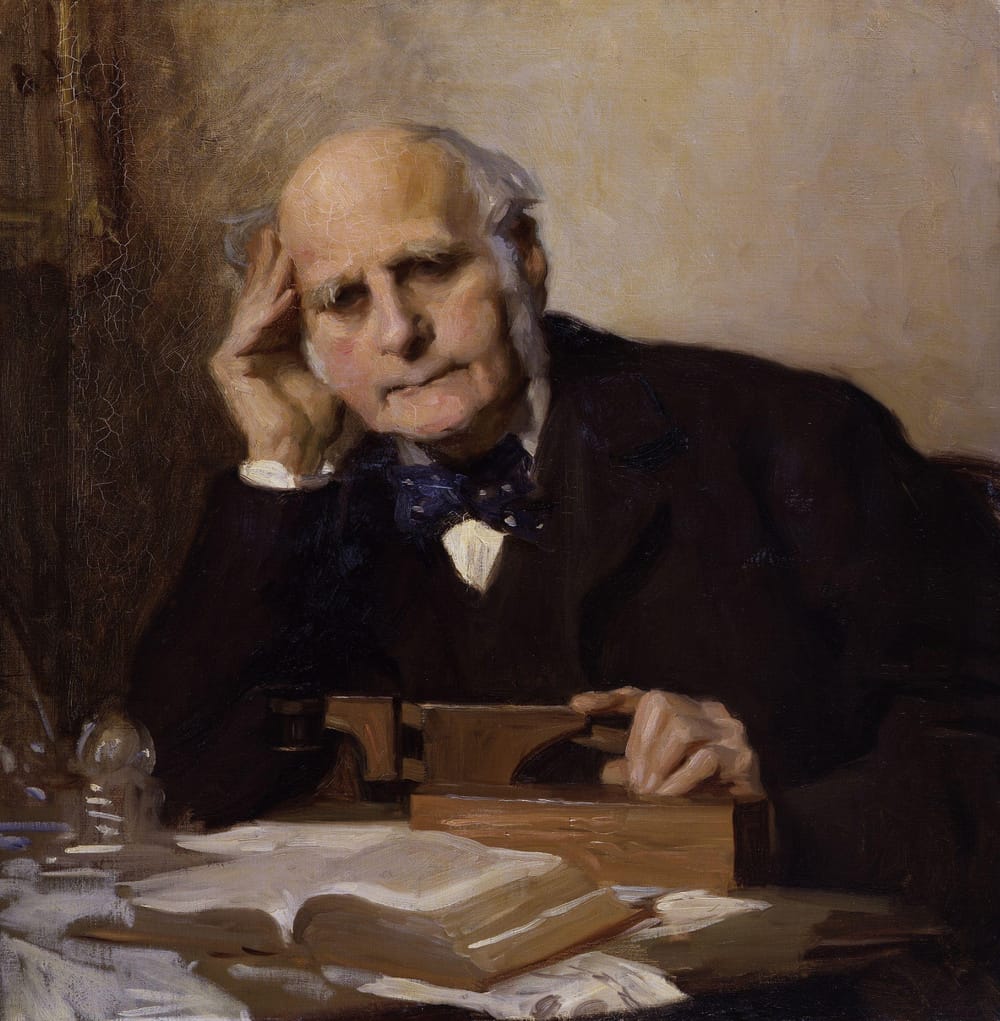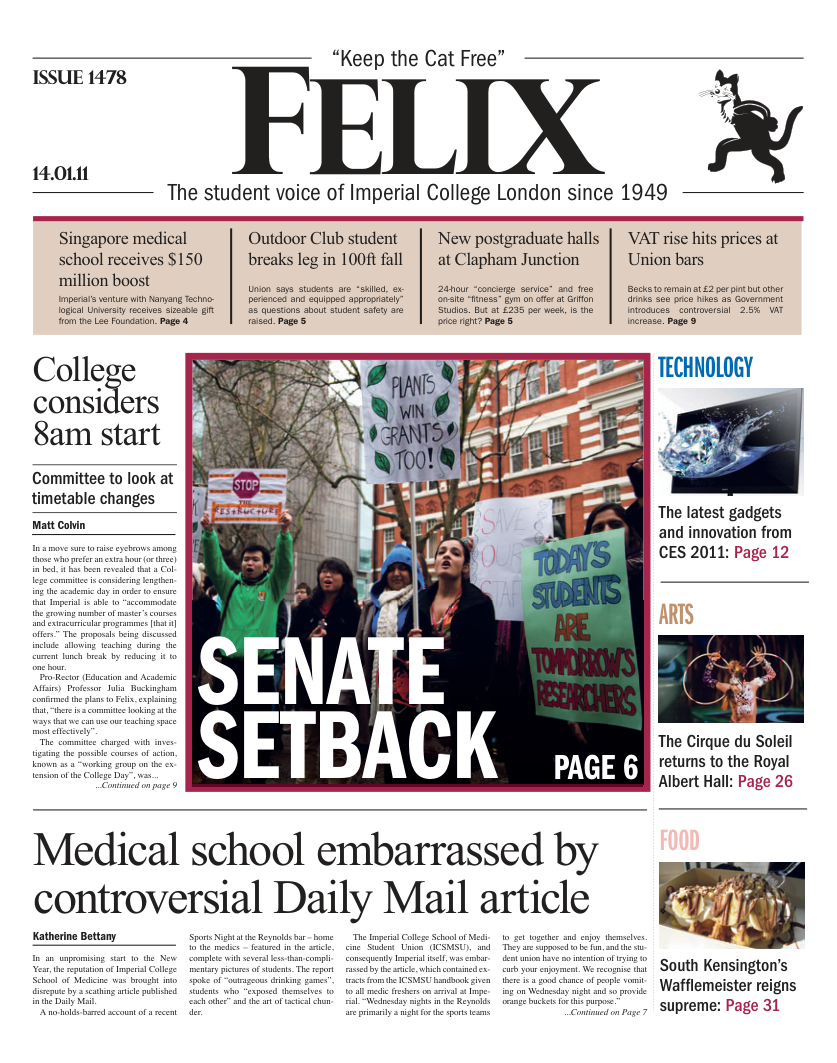Sir Francis Dalton: crime fighter
The man behind fingerprinting and eugenics

For those of you familiar with TV crime series like C.S.I and Dexter, you’ll know that fingerprinting plays a large part in catching the wanted. But you might not be aware that if it weren’t for a man named Francis Galton, using fingerprints to catch criminals wouldn’t be possible. In fact, the British psychologist not only pioneered the use of fingerprinting in criminal cases, but he also coined the ‘nature versus nurture’ debate and made serious efforts to measure brainpower in the 19th and early 20th centuries. This month marks the 100th anniversary of his death.
Born on 22 February 1822, Galton was an intelligent child. He took a shine to science at an early age and aged 18, enrolled at Trinity College, Cambridge to study medicine, although he later swapped to mathematical sciences. Galton was a keen sportsman and traveller, exploring Egypt, Syria and South Africa. He was elected a fellow of the Royal Geographical Society upon his return from the latter.
Much of Galton’s early work focused on human intelligence. A half-cousin of Charles Darwin – they shared the same grandfather, physician Erasmus Darwin – Galton was inspired by the Origin of Species, in particular Darwin’s research on domestic breeding. Galton believed that humans inherited their abilities from their parents like the animals and plants Darwin described. He was an extreme advocate of nature over nurture, believing genius was genetically determined. In 1869, he published his first book, Hereditary Genius, in which he proposed a method for ranking people’s natural abilities. Galton’s later book, English Men of Science: Their Nature and Nurture, published in 1874, was the result of his study of prominent figures in England and their education, parentage and family achievements. In it he proposed that birth order was correlated with achievement in later life.
Galton believed individuals with superior mental and physical capabilities would enhance society. He questioned whether the human race could be improved in a Darwinian style, by discouraging reproduction between people with undesirable traits, and instead favoured mixing between healthy, mentally strong families. Galton coined the now widely-known concept ‘eugenics’, which seeks to improve the human race. His campaign gained momentum across the UK and America, and was backed by politicians. It was only after Hitler and the Nazis exploited the concept in the twentieth century that the concept gained negative connotations.
In his later years, Galton became interested in fingerprinting as a tool to identify racial differences, and links between families and intellect. He collected over 8,000 sets of prints and studied these fastidiously. Galton confirmed the work of Sir William James Herschel years before, who had proposed that no two fingerprints are identical, nor do they change over time. In 1892, Galton published Fingerprints, which showcased a classification technique that was later adapted by police forces as a method with which to convict criminals.
A man of many talents, Galton also dipped his toes in statistics, coining the concepts of correlation and standard deviation, and also found time to invent a test to decipher differential hearing, and create the world’s first weather map.
In recognition of his achievements, Galton was knighted in 1909. By the time of his death two years later on 17 January 1911, Galton had published over 300 books and his ideas had filtered into many different fields. A century on and his ideas still influence forensics, anthropology and statistics. The nature/nurture debate still prevails, but perhaps most importantly, Galton uncovered the origins of genius that has helped modern psychology today.








